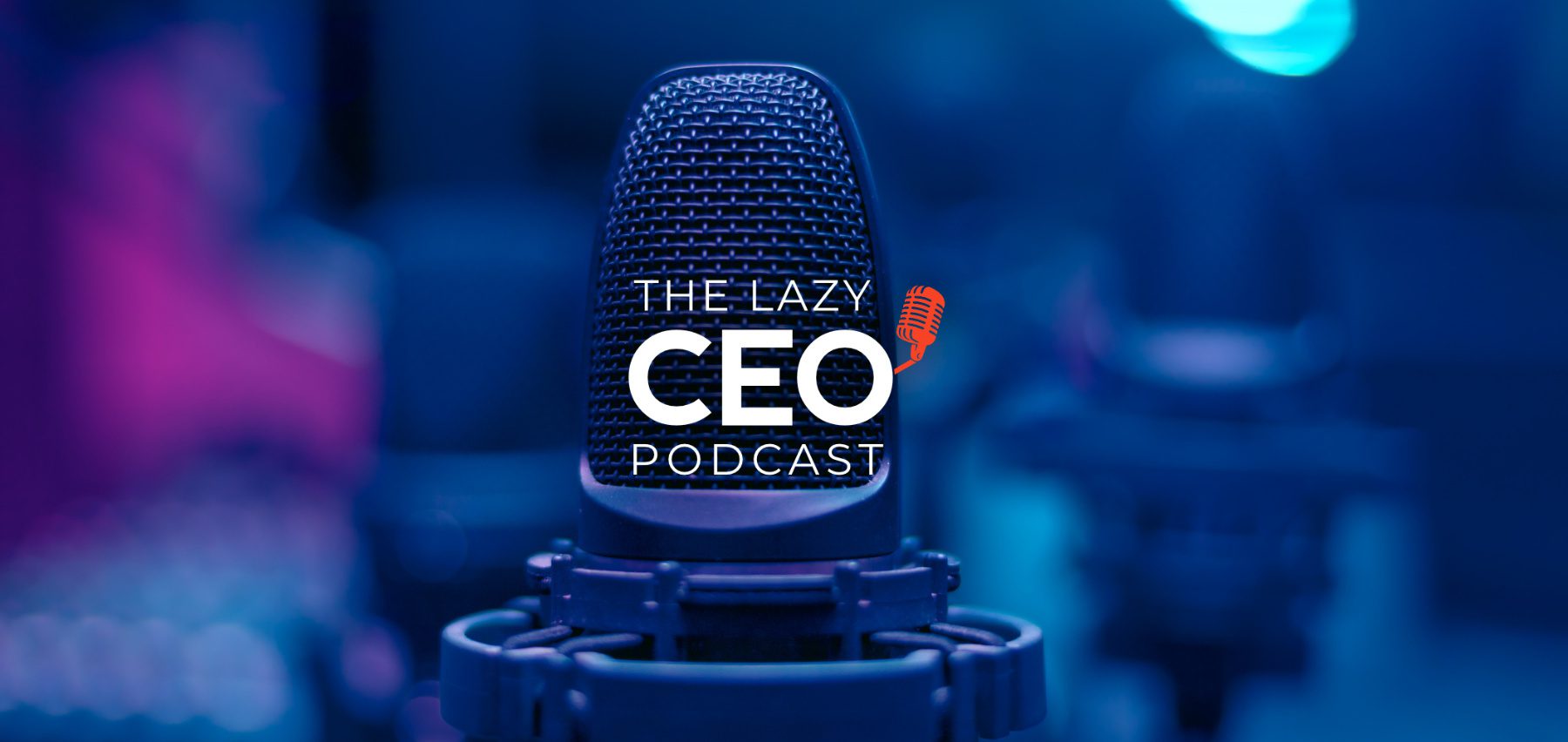In this episode about employee retention – Never Lose an Employee Again
- The Lazy CEO Podcast welcomes Joey Coleman, Chief Experience Composer of Design Symphony, as a guest to discuss customer and employee experience.
- Joey highlights the importance of the first 100 days in an employee’s journey, emphasizing the need for a positive and engaging experience to improve retention rates.
- The episode explores an eight-phase employee journey framework, from the “Assess” phase to the “Ambassador” phase, where employees become raving fans and advocates for the company.
Here is a glimpse of Never Lose an Employee Again
In this episode of The Lazy CEO Podcast, host Jim Schleckser welcomes Joey Coleman, Chief Experience Composer of Design Symphony, as his guest. Joey is a renowned speaker and influencer in customer and employee experience. They discuss Joey’s first book, “Never Lose a Customer Again,” which emphasizes the importance of paying attention to customers after they become clients. He explains that 20 to 70% of new customers may leave before their 100-day anniversary, highlighting the need for a strong customer experience.
Joey then introduces his latest book, focusing on employee experience. He believes a great customer experience is only possible with a great employee experience, as employees deliver the service. The conversation delves into the challenges of employee disengagement, which Gallup’s recent research reveals to be as high as 77%.
The key focus of the discussion is on the first 100 days of an employee’s journey in an organization. Joey emphasizes creating a positive and engaging experience during this period to improve retention rates. He outlines an eight-phase employee journey framework, starting with the “Assess” phase, where prospective employees decide whether to join an organization and the organization determines the fit. The subsequent “Accept” phase involves extending the job offer in a way that makes candidates feel excited about their future with the company.
The conversation touches on the critical “Affirm” phase, addressing new hire’s remorse and the doubts that can arise after accepting a job offer. Joey stresses the need for continuous communication and support during this stage to alleviate any uncertainty and make the employees feel valued. The remaining phases of the employee journey involve “Activate” (onboarding), “Adapt” (helping employees acclimate to the culture), “Accomplish” (setting employees up for success), “Advocate” (encouraging them to become advocates for the company), and finally, “Ambassador” (creating raving fan employees who spread positive word-of-mouth).
Joey highlights that employee experience should be an ongoing focus, with leaders continuously striving to improve and engage their workforce. They discuss the importance of aligning employee and customer experiences and how embracing the true nature of the modern workforce, which is often temporary or short-term, can lead to better hiring decisions and stronger employee commitment.
The episode concludes with insights into how emotions play a crucial role in interactions with customers, employees, and all relationships in general. They agree that prioritizing personal and emotional connection in all interactions is key to building successful and meaningful relationships.
Resources mentioned in this episode:
- Joey Coleman on LinkedIn
- Jim Schleckser on LinkedIn
- The CEO Project
- Great Ceos Are Lazy: How Exceptional Ceos Do More in Less Time by Jim Schleckser
Sponsor for this episode…
This episode is brought to you by The CEO Project. The CEO Project is a business advisory group that brings high-caliber, accomplished CEOs together. Our team of skilled advisors comprises current and former CEOs who have run public and private sector companies across multiple industries. With our experience and expertise, we guide hundreds of high-performing CEOs through a disciplined approach that resolves constraints and improves critical decisions. The CEO Project has helped high-performing, large enterprise CEOs with annual revenues ranging from $20M to over $2 billion to drive growth and achieve optimal outcomes. If you are an experienced CEO looking to grow your company, visit www.theCEOProject.com.









